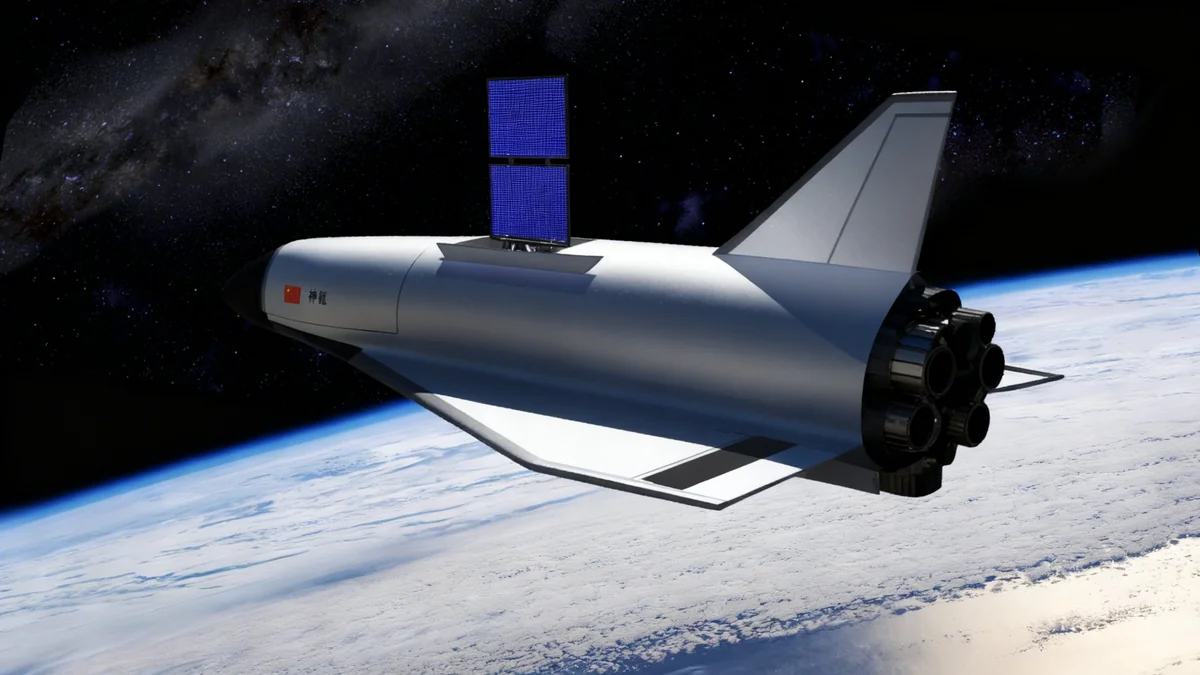A growing rivalry is unfolding in the orbit above Earth, with military officials reporting that critical satellites are being followed and disrupted on a weekly basis. This new form of electronic interference poses a significant risk not only to national security but also to the civilian technologies, such as GPS, that underpin modern society.
Experts warn that these incidents are part of a broader trend of nations asserting their power in space. The disruption, known as jamming, can interfere with everything from mobile phones to air traffic control, signaling a new and invisible frontline in international relations.
Key Takeaways
- British military satellites are reportedly being followed by Russian satellites attempting to collect information.
- Ground-based antennas are causing weekly disruptions to satellite signals, a tactic known as jamming.
- Experts predict that interference in space will increase as nations compete for strategic advantages.
- Civilian infrastructure, especially GPS navigation used for transport and emergency services, is highly vulnerable to these disruptions.
A New Frontline Above Earth
High-ranking military personnel are sounding the alarm over increasingly aggressive activities in space. British General Paul Tedman recently described how military satellites are being shadowed by Russian counterparts equipped with devices designed to monitor and collect information from them. This activity represents a significant escalation in orbital operations, moving beyond passive observation to active surveillance.
This development is not happening in isolation. Researchers note a clear pattern of increasing competition in space, driven by both commercial and military interests. This rivalry is expected to accelerate as more nations and private companies develop their own space capabilities.
"If we look far enough ahead, nations will begin to assert power in space to protect their freedom of action and economic interests."
This assertion of power is manifesting in various ways. Beyond surveillance, suspicions have also been raised about other nations' activities. Richard Olsen, a research director at the Norwegian Defence Research Establishment, notes that China is suspected of operating satellites that move unusually close to others. While the purpose remains unclear, such maneuvers are unsettling for satellite operators and increase the risk of miscalculation.
Understanding Satellite Jamming
One of the most common forms of interference is known as "jamming." This technique does not physically damage a satellite but rather disrupts its ability to function correctly. It works by transmitting powerful radio signals on the same frequencies used by the target satellite, effectively drowning out its legitimate communications.
Jessie Hamill-Stewart, a cybersecurity researcher at the University of Bath, explains that the primary goal of jamming is to prevent a satellite system from working as intended. This can mean blocking operators from controlling their own assets or corrupting the data they transmit.
How Jamming Works
Satellite jamming is a form of electronic warfare. An attacker uses a transmitter to send noise or false signals towards a satellite or its ground receivers. This interference overwhelms the faint signals coming from the satellite, making it impossible for the receiver to process the correct information. The equipment for ground-based jamming can be mobile and difficult to locate.
Jamming can be conducted from both the ground and space. The British military has confirmed its satellite signals are being disrupted weekly by ground-based antennas. This method is relatively simple to execute and can have a wide-ranging impact, especially on systems that rely on weak signals broadcast from thousands of kilometers away.
Civilian Systems at High Risk
While the immediate focus is on military assets, the greatest vulnerability may lie in our civilian infrastructure. Modern society is deeply dependent on satellite technology for countless daily activities. The Global Positioning System (GPS) is perhaps the most widely used and most susceptible system.
"Widespread loss of GPS signals or communication would be negative for a modern society like ours," Olsen states. This reliance extends far beyond personal navigation in cars. Emergency services, aviation, shipping, and even financial markets rely on the precise timing and location data provided by GPS and similar systems like Europe's Galileo.
Our Dependence on Space
- Navigation: Cars, planes, and ships use GPS for routing and safety. Air traffic in some regions has already faced disruption from jamming.
- Emergency Services: First responders use GPS to locate incidents and navigate quickly.
- Communications: Global communication networks, including internet and phone services, rely on satellites.
- Finance: Stock market transactions are time-stamped using GPS signals to ensure accuracy.
The signals from navigation satellites are inherently weak by the time they reach Earth's surface, making them easy to overpower. Most consumer-grade GPS receivers are designed to pick up signals from all directions, which also makes them susceptible to interference from any direction.
The Future of Orbital Security
The consensus among defense and technology experts is that this trend of interference is set to continue. "This is a development that will likely continue," Olsen writes, emphasizing that the growing rivalry in space is a long-term shift.
Protecting these vital assets is a complex challenge. While there are methods to counter jamming, they are often expensive and highly specialized. Simple measures can offer some protection, such as using buildings or natural terrain to physically block a jamming signal from a ground-based source.
Advanced Countermeasures
More sophisticated solutions involve specialized antennas that can nullify interfering signals or advanced radio designs that are more resistant to disruption. However, this equipment is not widely available for civilian use and is typically reserved for critical military applications. The high cost means that upgrading the vast network of civilian receivers is not a practical short-term solution.
As nations continue to compete for influence, the space above us is transforming from a domain of scientific exploration into a potential arena for conflict. Ensuring the stability and security of satellite systems is becoming a critical priority for governments worldwide, as the consequences of failure could be felt by everyone on the ground.





